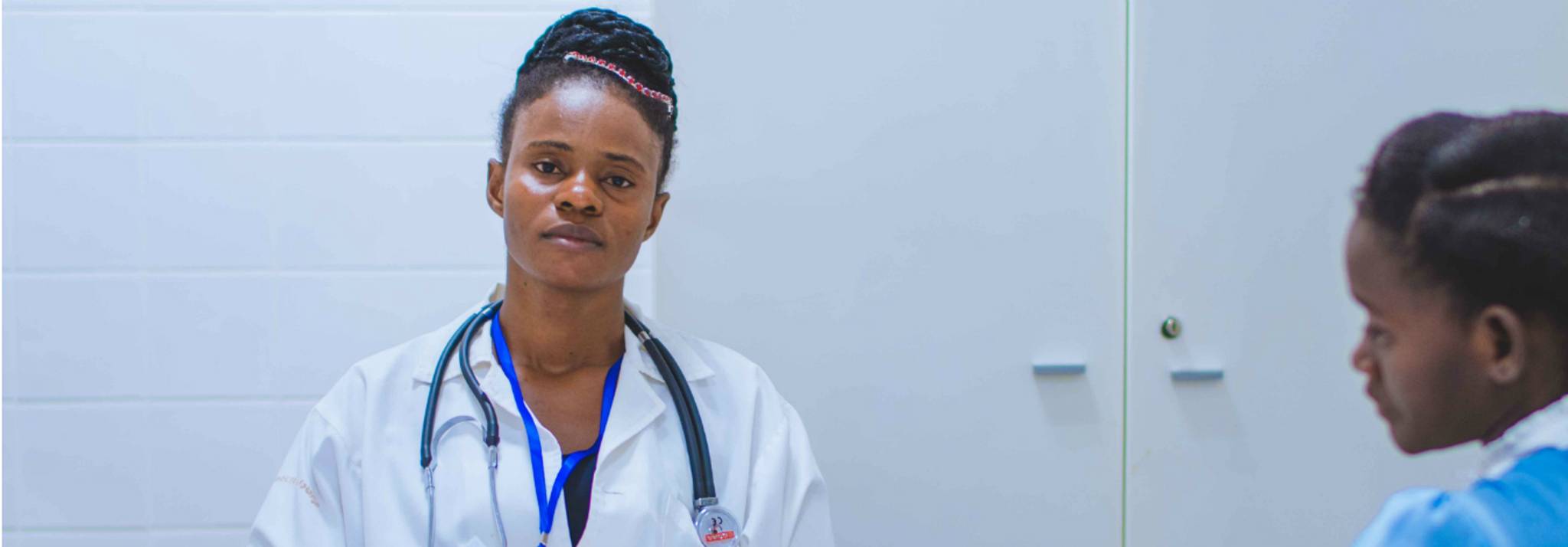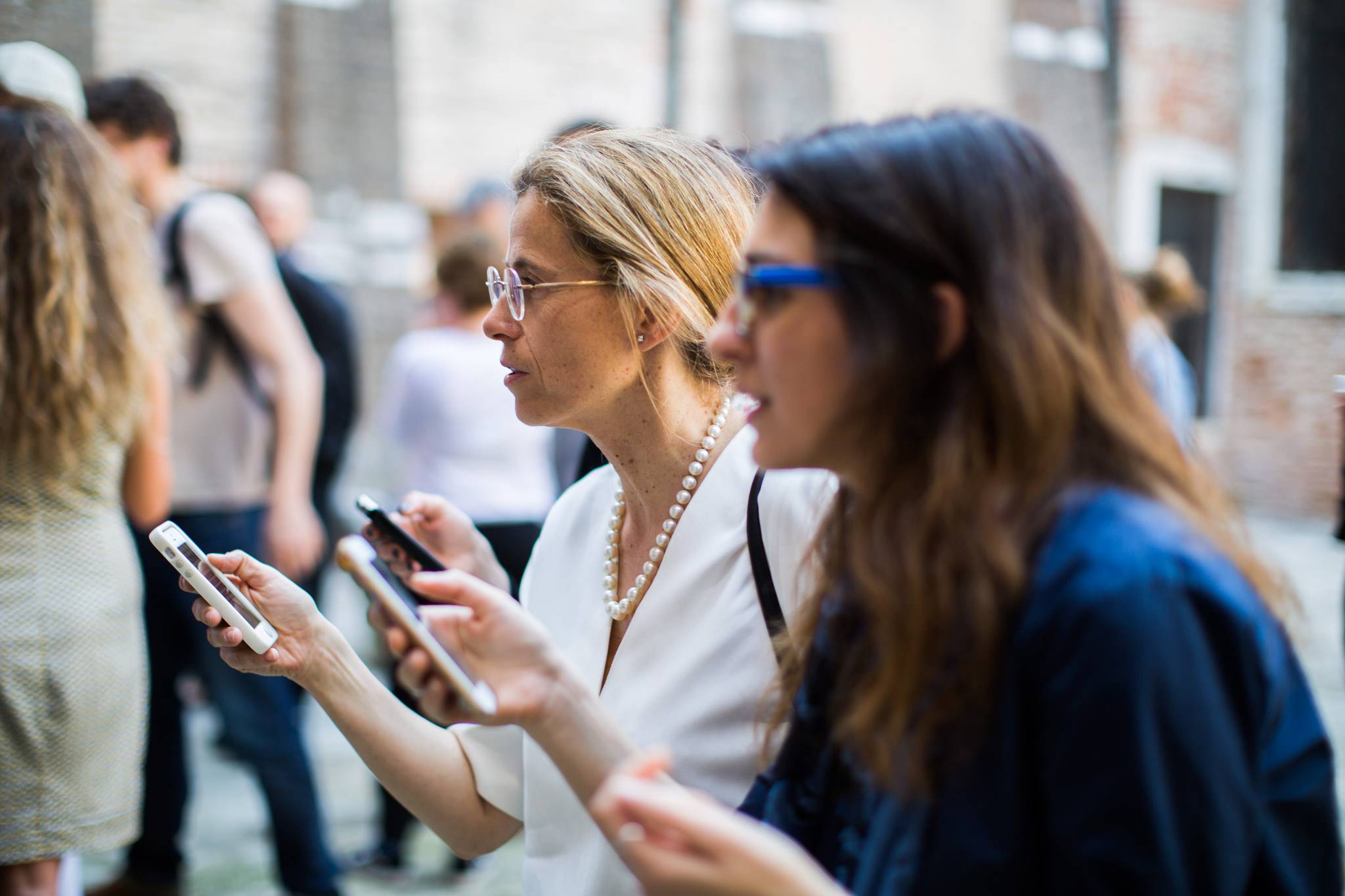
The NHS has teamed up with Amazon to provide health information via its voice assistant Alexa, with a view to helping patients who are unable to research health queries. Amazon is hoping to use its tech by offering modern alternatives to historic issues in healthcare. We explore the insights behind this and why the NHS has reached out to big tech companies to help deliver a service.
The Department for Health (DoH) have teamed up with Amazon to make access to NHS online information easier for the elderly, the blind and people who cannot easily access information online. People will be able to ask a voice assistant questions such as ‘What are the symptoms of a migraine’, and Alexa will provide NHS verified information at home, hopefully reducing attendees to, and the pressure on frontline NHS services. "We want to empower every patient to take better control of their healthcare," says health secretary Matt Hancock, clearly hoping Amazon’s algorithm can help the overstretched NHS resources who continue to endure real term cuts that measure in the billions.

With an average of 67,991 daily attendees, an increase of 4.1%, being admitted to Accident and Emergency centres across the UK in 2019 – and 75% of parents believing that their child’s mental health has deteriorated in the 40+ weeks wait for treatment – alternative methods to healthcare are becoming essential. Studies suggest that the number of Britons aged 65+ is expected to rise by 8.6 million between 2016-2066, meaning that the strain on NHS services is unlikely to subside. Tech companies are creating digital solutions where possible. Yet, a recurrent theme of criticism is of the collection of personal and health data by a body that does not fall under the same stringent health GDPR laws. However, the shift towards the use of tech with traditional health care methods appears to growing as, Google recently announced Project Euphora which will train AI to better understand people with speech disabilities; the roll-out of Woebot a messenger based AI robot therapist; and Babylon Health all attest to the growth and vast potential of health technologies.
Louis Tozer is a Behavioural Analyst of Social Sciences at Canvas8. He holds a M.A. in History from UCL School of Slavonic and East European Studies and is a former Research Assistant at The Institute of Philosophy and Social Theory in Belgrade. He can often be found in the pub with friends or at Roots Hall, the home of Southend United.



